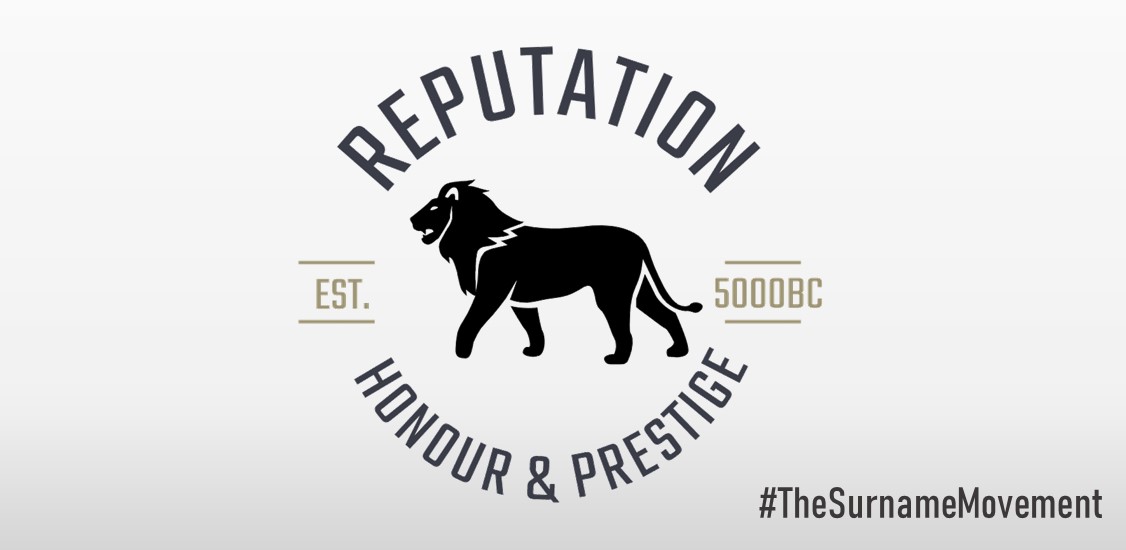At a random car sale event, there are two cars for sale and the salesman tells you that both cars boast the same technology, material, design, features, look and feel. One has the BMW mark, the other with its brand missing. Which one would you buy? If the BMW cost RM350K, how much would you pay for an identical car that came with no identification of its make?
Rational buyers will pay RM350K for the BMW but no more than RM50K for the latter. You and I will do the same. Without a brand, a car, no matter how good it really is, is merely a promise and for most of us, we will presume it’s a trick or a hoax. We would rather a hundred times buy a RM40K Myvi, than have anything to do with a brand-less luxury vehicle. Unless of course, we are in the game of tricking others, in which case we will source the emblems ourselves, stick them in the right places and look for some gullible relatives to sell a made-up success story.
Everything today revolves around the brand. Brunch in Ikea is fun because it is in Ikea. The handbag in Coach looks gorgeous because it is sold by Coach. The 5 star Sheraton hotel is classy because it is Sheraton. An Oxford degree is prestigious because it is conferred by Oxford University.
And yet, a lot of us are unaware that we, HUMANS have brands too. Yes, we do.
Our names are our first and foremost brands. After WW2, nobody named their child Adolf. Why? We know why. It is called association. It is called reputation. If branding has become the cornerstone of the 120-year old car industry and the 20-year old smartphone industry, imagine what branding would have done to the human civilization that spans tens of thousands of years.
After WW2, nobody carried the Hitler surname, and we know why too. It is called WIDER association. And then we have things like clans, sub-classes and ethnicity. The longer the civilization has been around, the bigger the communities are, the more complex their socio-economic structures become and the more evolved their names become. Very few communities in this world have no surnames, Icelanders and Tibetians to name a few.
In Malaysia, we have our little stories for surnames. The Telugu community which hails from the Eastern Coastal side of India has its own surnames based on sub-classes divided by geographical concentration and to a certain extent, economic specialization. In many ways, surnames point to some form of trade specialization and associated belief systems, especially the attitude towards capital and work. The traditional classification too promotes a flat structure, and is totally the opposite of how we classify the society today, which is very much hierarchical and rather judgemental where we see people as capitalists, celebrities, industrial workers, the B40, the wealthy elite, menial labourers, the lifestyle entrepreneurs, even the PTPTN debtors etc.
Anyway, Telugu surnames in Malaysia were dropped from birth certificates in the 1930s-50s as the format was to use the father’s name behind the child’s name. Allu Arjun hence becomes Arjun a/l Arvind, Allu being the surname. More learned families continued with Allu Arjun a/l Allu Arvind, but for the most of us, we dropped our surnames and marched on like it didn’t matter. We however continued using our ethnic names such as Rao and Naidu.
So right now, when we want to start a Gmail or a Facebook account and it asks for a surname, we just split our first names into two to fill both boxes, when in fact, all Telugus have surnames that are handed down preciously, father to child, which we have to bring back as part of our personal branding.
So moving forward, it is time to understand the value of our FULL names - and the entire stack of identity that we carry with ourselves. These are our brands, and in accounting, hundreds of millions of dollars are attributed in the balance sheets for brands, because a brand signifies an economic value, and at a human level, it shows that our ancestors, our forefathers were good, trustworthy, honourable men.
Not just that, science shows that surnames and ethnic identities provide some important insights about our DNA and our predisposition to certain types of diseases. In many ways, our surnames and ethnic identities are explicit representation of our DNAs, and this is probably why all the wise men world over decided to weld our first names, surnames and ethnic names together. Also, everywhere in this world where a surname is used, it is always patriarchal, which shows that it is an organized, well understood body of science which relates to how DNA information is transferred from one generation to another.
So it is for us to understand that a name, a surname and our ethnicity labeling are a combination of social orderliness, brand value and science. Remember that those who go around screaming ‘we don't want identities whatsoever’ would actually give their life savings to get their hands on an Apple smartphone because of that little Apple symbol on the back. So much for not judging a book by its cover.
PS: Founder of Adidas used his nickname 'Adi' in his professional life. His real name was Adolf Dassler.
PPS: The Gov of Malaysia has since changed the naming rule in our birth certificates. a/l and a/p are no longer compulsory so those with surnames can now add them to their first names, along with the father's name (optional).
PPPS: Article is not intended for those who have no clue about the difference between surnames and ethnic names. Please find alternative forums.
PPPPS: Majority of Indians (people of Indian origian) have surnames. Some use caste names too or even village names. Yours may be buried somewhere. Please find it.
